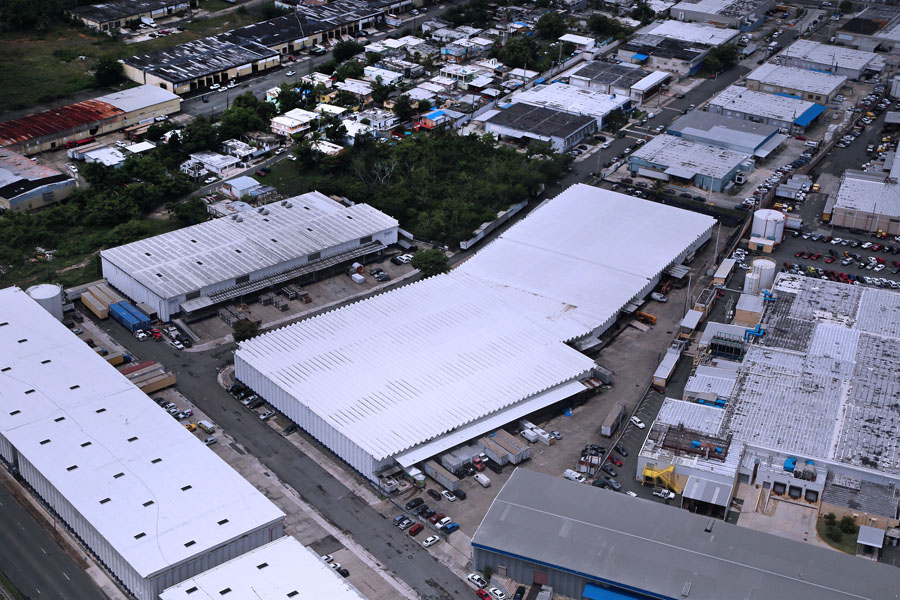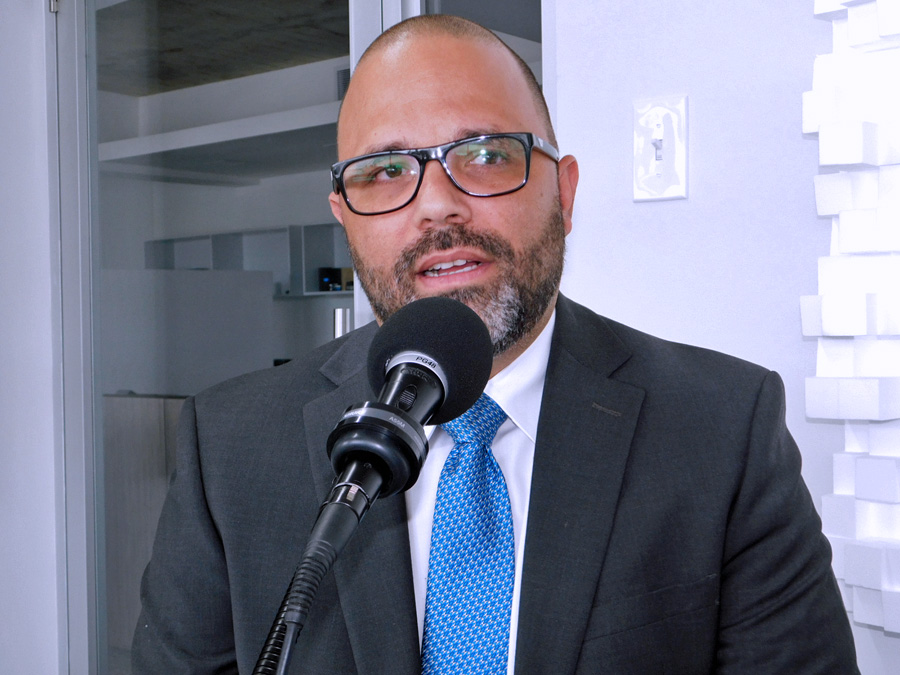Tourism Co. looking to boost short-term rental inventory


There are an estimated 1,850 short-term rental properties throughout the island, based on information gathered from popular rental sites HomeAway, Airbnb, and joinajoin. (Credit: Puerto Rico Tourism Co.)
The Puerto Rico Tourism Co. is kicking off an orientation campaign aimed toward short-term rental property owners who may not be complying with Law 272, which requires collecting a room tax from guests for each night they stay.
To that effect, the agency has developed a set of tools, including a micro website, ads and a cycle of workshops that begin Mar. 5 to educate owners about the legal requirements of running their businesses.
In an interview with this media outlet, Samuel Sierra, the Tourism Co.’s director of finance, said there are an estimated 1,850 short-term rental properties throughout the island, based on information gathered from popular rental sites HomeAway, Airbnb, and joinajoin.
Only 20 percent of the properties listed on those sites, or about 387, are registered with the Tourism Co., he said. Those properties generate about $9 million in activity, which represents about $630,000 to the Tourism Co. by way of the 7 percent room tax that hotels are mandated to collect through Law 272 of 2003.
The rest of the properties are operating under the radar, failing to collect the tax that fuels several government activities, namely providing budget allocations to the University of Puerto Rico and repaying bond debt issued to build the Puerto Rico Convention Center, among others.
“There’s a lot of ignorance by these types of property owners about having to pay the 7 percent room tax,” said Sierra. “What we want to do here is educate. We’re looking to expand our taxpayer base, without penalizing these property owners who really will not see their operating costs increase.”
“Upon registering, these property owners will essentially become tax collecting agents, by applying the 7 percent tax to their guests and remitting that to the government,” he said, noting that via the campaign, the Tourism Co. is looking to double its current portfolio to at least 800 registered short-term rental properties.
Short-term rental properties are defined as those rented for a period of less than 90 consecutive days. The 7 percent tax applies to a variety of properties, such as studios, apartments, residences, villas, and apartment buildings rented to tourist or people from other towns.
Owners of these types of properties will have until April 30 to complete their penalty-free registrations at the agency’s Occupancy Tax Division.
“The short-term rental industry has kept the economy going and is generating jobs. The idea here is to have them register with the Tourism Co. so that we may help them grow their businesses by maximizing their potential. With the right orientation, they can attract more tourists and generate more revenue as a result,” said Sierra, noting that part of the plan is to create an online directory that will be accessible to visitors who tap into the Tourism Co.’s website.
Among other things, the agency will provide basic guidelines about keeping properties in optimal conditions — in terms of appearance and infrastructure — to maintain tourism-quality standards, he said.












